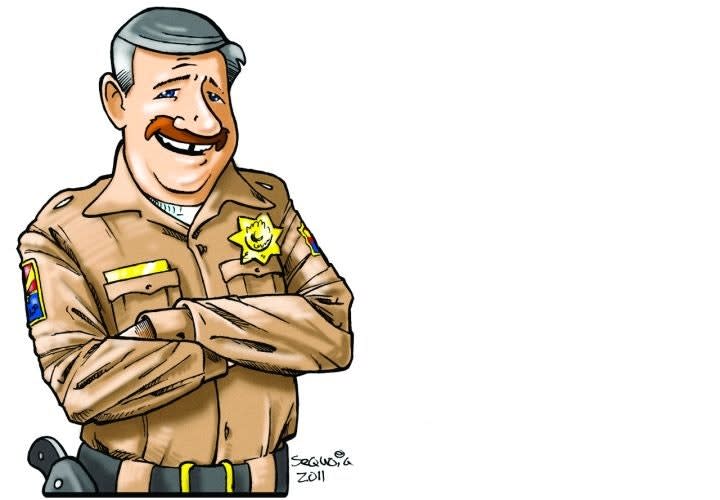Whenever more than two old crime fighters gather to imbibe, the conversation invariably comes around to the things that make a good street cop. The list often includes most of the ethos we attribute to a hero's profession, such as courage, selflessness, loyalty, duty, and on and on. Traits that almost always bring about a good war story or two, however, are ones we can usually all nod at when we first bring them up, and these are curiosity and skepticism.
These two traits serve us well on patrol; they can also drive our loved ones crazy. The very curiosity that led to a burglary arrest the night before can drive your 12-year-old nuts when you just keep digging to find out why they suddenly want to be so helpful around the house. We assume that, at the root of a sudden increase in a work ethic, is a sin that needs redeeming, or a wish praying to be granted.
On the other hand, wondering why a vehicle is parked in an odd location may lead to a recovered stolen car or discovery of felonious activity; a fellow walking out from an alleyway in the middle of the night should trigger in us an earnest desire to unravel the puzzle of his actions.
I remember one night, decades ago, backing up my friend Sam when he observed a fellow casually walking onto Speedway Boulevard, apparently from an alleyway. The bars had closed just a few minutes before and the guy had the usual response to our inquiry about his actions: he needed to relieve himself and, with the bars closed, the alley provided the necessary privacy.
This led us to exercise the next trait that we are examining … skepticism. Whatever we are told, we tend to seek evidence for or against it. "You only had two?" leads to an interesting exploration of the effects of alcohol on motor performance through the empirical tools we ironically call "sobriety tests." This trait also drives our loved ones mad, but it is the same trait that keeps us alert to deadly threats and criminal denial.
In Sam's case he initiated a frisk that discovered a large screwdriver hidden in the fellow's pants. When asked if the lad could show us exactly where he had "voided," he could not "remember," and soon our senior officer, JW, had found fresh pry marks on a business door that matched exactly the burglarious tool found on Sam's miscreant.
While curiosity and skepticism drive our family crazy, another trait that serves to make us good cops (and good parents, children, partners, and friends) is patience. Sometimes it is a good bet to just take our time, not rush the interrogation, hurry onto a scene, or interrupt a sentence. Patience serves the cop the same way it serves the hunter, the teacher, the artist, and the child—by getting a much better result.
We once had a weirdo who was sneaking into women's homes and awakening them so he could expose himself. This creep was one sneaky bastard and our TAC team spent many a night hidden in arroyos trying to catch him. The pressure we put on him shut him down for awhile, but a year later he went sneaking through an auto theft surveillance we had going and "wham," we caught him in the act. Man was that fulfilling, as the dude had become more and more aggressive and the detectives sensed he was working his way toward a horrible act. But our patience, with a little persistence, gave this dirt-bag a lot more exposure than he wanted.
So here is some quick homework: Create your own short list of key traits that you think make you a good law enforcement officer, and ask yourself some questions. Do you continue to develop these traits and enhance your ability to use them? When you are skeptical about something, do you actively seek to find evidence as to its truth or falsehood, or do you just blow it off? Have you thought about how such traits as "command presence" and expecting "immediate compliance" may affect your off-duty relationships?
Now, I am not saying you should abandon a trait that serves you well on the street but not so well at home; I am saying you need to exercise one additional trait we can all agree on…common sense.
Dave Smith is an internationally recognized law enforcement trainer and is the creator of "JD Buck Savage." You can follow Buck on Twitter at @thebucksavage.













